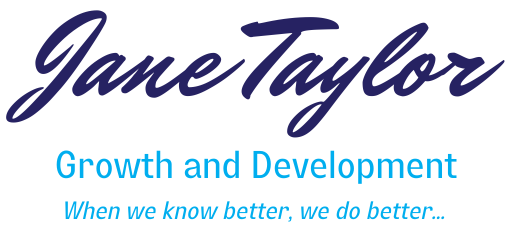Untangling Stressful Habits – “Shoulding” On Yourself

If you have been in my world for a while, you will know that I am passionate about habits and untangling unhelpful habits to live a fulfilling and whole-hearted life as a well-being. So I am writing a series to shed some light on some stressful habits that have come back in to my awareness recently.
Before I start sharing about stressful habits, let’s have a look at what stressful habits are.
What Are Stressful Habits?
Basically – habits can be useful or not so useful, helpful or not so helpful, stress inducing or not. Sometimes we are conscious of our habit/s (i.e. often chosen and intentional) or the habit/s can sit within our blind spots or the unknown.
When I refer to stressful habits, I am referring to habits that are impacting our overall life, business or well-being. They could be adding extra stress, suffering or draining life force energy in our lives. The stressful habits could be showing up in one or a variety of areas within our lives (i.e. physical, emotional, mental, financial, environmental or social).
In order to start to untangle from stressful habits, we need to develop self-awareness, so we can be more responsible and take ownership of our own life. Today I wanted to introduce “shoulding” on yourself.
Stressful Habit: “Shoulding” On Yourself
Ever said to yourself that you “should be” doing something other than what you are currently doing? Or maybe you catch yourself saying “I should / shouldn’t have done that,” “I should / shouldn’t be doing that right now,” or maybe even “I should / shouldn’t feel that way”?
This is referred to as “shoulding yourself.” According to Tagg (1996), Clayton Barbeau came up with the term “shoulding yourself” and Albert Ellie referred to this as “musterbation.”
Karen Horney referred to this as the “tyranny of the shoulds.” For her, these were unrealistic demands placed on our self – I should be this, I should do that – to become what she called the idealised self, an image of perfection that could never be attained to pursue natural personal growth.
How do you see “shoulding” on yourself? Feel free to share below.
Where Does “Shoulding Yourself” Show Up?
“Shoulding” on ourselves can show up in many areas of our lives. Harriet Braiker (2001) wrote in her book “The Disease to Please” about seven deadly shoulds. They are as follows –
- Other people should appreciate and love me because of all the things I do for them.
- Other people should always like and approve of me because of how hard I work to please them.
- Other people should never reject or criticize me because I always live up to their desires and expectations.
- Other people should be kind and caring to me in return, because of how well I treat them.
- Other people should never hurt me or treat me unfairly because I’m so nice to them.
- Other people should never leave or abandon me because of how much I make them need me.
- Other people should never be angry with me because I will go to any length to avoid any conflict, anger or confrontation with them.
As Dr Braiker says –
“The seven deadly shoulds set you to have negative feelings when others fail to fully meet them. But, of course, the expression of negative feelings towards other – such as anger, resentment or disappointment – is prohibited by the Eighth Commandment of People-Pleasing: You should always be happy, and never show any negative feelings toward others. The net result of this self-imposed trap is that you: (1) feel guilty about having negative feelings toward others, and (2) blame yourself for not pleasing others enough to elicit consistently positive treatment from them in return” (p.17).
Don’t worry, I imagine most of us have “shoulded” on ourselves throughout our lives until we develop self-awareness, so BE self-compassionate 🙂
Over to You…
Now you have this awareness, what is your next step? Feel free to share any insights on “shoulding” on yourself or a reflection below. Sometimes change can take a while, so be patient and of course self-compassionate. Also – remember when control is consciously understood it supports our adventure of wholeness and heartful living.
If you are ready to take yourself on the adventure of getting to know yourself (your true Self), why not join the Toolkit? A place where I share tools, inspiration and ideas to live a courageous and openhearted life.
Reference –
Braiker, H. (2001). The Disease to Please: Curing the People-Pleasing Syndrome. USA: McGraw-Hill.
Horney, K. (1951). Neurosis and Human Growth: The Struggle Toward Self-Realization. London, United Kingdom: Routledge.
Tagg, J. (1996). Shoulding Yourself, Shoulding Others. Retrieved from Reflections on Learning: https://www2.palomar.edu/users/jtagg/should.htm
